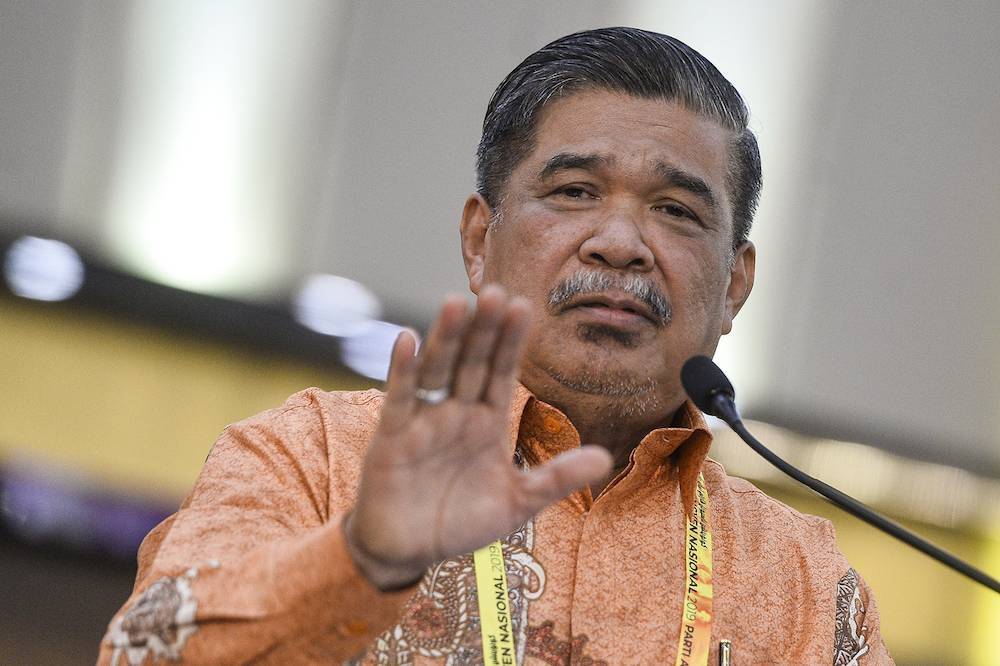With Pas, Mat Sabu fought for rakyat’s welfare, now it’s always win-win situation – Awang Hashim
TASNIM LOKMAN HANI SHAMIRA SHAHRUDIN
KUALA LUMPUR – When Datuk Seri Mohamad Sabu was with Pas, he championed the welfare of the rakyat, but now he seems obligated to safeguard suppliers and calls it a win-win situation, says Pendang Member of Parliament Datuk Awang Hashim.
He said that he hoped that once Mohamad, fondly known as ‘Mat Sabu’ was appointed as the Agriculture and Food Security Minister under the Amanah's logo, the latter’s efforts would align with his past advocacy, but it proved otherwise.
“When he has the power, his answer in Parliament is always that he has to safeguard the padi, fertilisers, and seed suppliers. As they said, they are bearing the high cost, but they have profited for so long that they cannot sacrifice when they experience a little loss.
“He always said in win-win situations that we need to take care of these companies as well as farmers,” he said during an interview with Sinar Daily recently.
Awang said right now, the country had long-term plans for food security but there are none for the short term which further burdens the people.
He said the cost of living was on the rise and the people were facing hardship.
“We cannot even solve the rice crisis; even the padi seeds are an issue, even though it is a basic, very fundamental issue that we need to curb.
“Right now, we are too busy taking care of cartels. Previously, farmers could reuse seeds through traditional processes like soaking them in the river.
“Padi seeds are priced between RM70 and RM100, but now they have been set at RM40 on the market. It used to be between RM15 and RM20,” he said.
Awang Hashim pointed out that Thailand, using traditional methods, faced no issues.
He said that farmers needed to bear a high cost. For a roll of land, which was smaller than an acre, farmers would need to pay a capital cost of up to RM1,100 and could only gain little profit.
“From buying the seeds, pesticides, and fertilisers up until harvest, farmers need to pay a capital cost of up to RM1,100, and they can only profit about RM200 to RM300 after excluding the costs of using machines to harvest padi.
“That is, if the crops are good or bad, they will suffer losses,” he said.
Awang Hashim said this was why people were not interested in planting padi, so the government needed to find a way to reduce the cost so that padi could be Malaysia’s food security and could provide the demand needed as the country imported 30 percent of rice at the moment.
“We must reassess costs, revitalise depleted land, and research long-term sustainability as a padi producer.
“Secondly, we need to look at our stockpile for us to keep in case there is a crisis and study whether storing rice or padi is better for the long term. While rice may spoil in six months, padi can last up to four or five years.
“Research needs to be done, and sampling needs to be sent to authorised parties, such as laboratories, to confirm this,” he said.
Awang Hashim added that focus should be made on improving food security so that Malaysians could be taken care of if there were crises.
“It is for our supply chain in the short term.
“Right now, even the price of sugar and flour is increasing,” he said, adding that even though Malaysia is the producer of palm oil, the people are burdened by the high prices of oil.
Download Sinar Daily application.Click Here!














